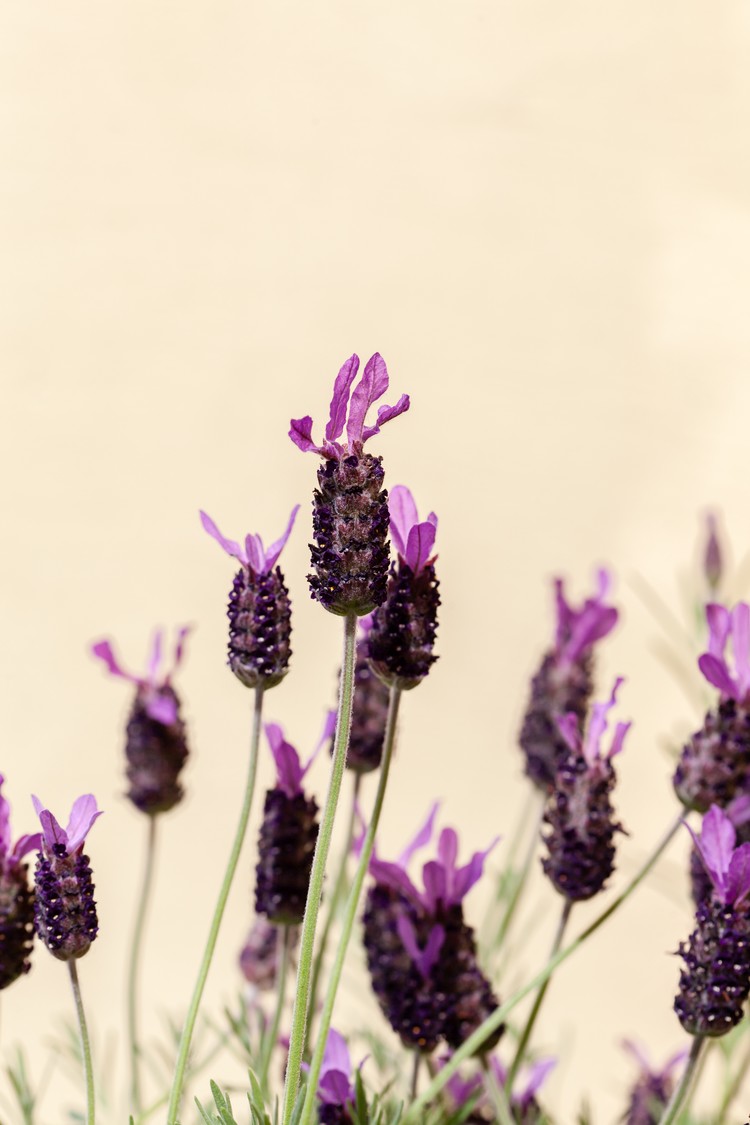As I get older, I find it harder to get a good night’s sleep. I know I function better on seven (or more) hours of uninterrupted sleep, but it’s elusive. Night sweats wake me or the furry friends purr too loudly or hog the bed. I used to sleep through that. Caffeine also bothers me more. I can’t have any after 5 p.m., or I’ll fall asleep but wake shortly after. I can’t fall back to sleep as easily as I once did.
I follow a nighttime regime of turning off screens—no computer, phone or tablet as studies show the light interferes with sleep—and take a book to bed. Heaven knows I’m tired enough when my head hits the pillow. I don’t want to take a sleep aid. Some are addictive or habit forming, while others, like an antihistamine that knocks you out, may interfere with brain function if used long term.
What’s a safe alternative? I’m using lavender essential oil. Research shows that the smell of this herb with the little purple flowers can help slow the brainwaves and allow a deeper, more restful sleep.
I mist the pillowcases with a lavender spray before bed—they dry while I read, leaving a nice, light scent. I’ve also bought lavender in the essential-oil formula and put it on a cotton ball alongside my bed. The fragrance is a little stronger. Lavender in many forms can be purchased inexpensively at a pharmacy or health food store. I’ve even seen lavender added to fabric softeners.
If you have asthma, you won’t want to use any essential oils without checking with a health care professional, and lavender is not to be ingested or applied topically. The sweet scent seems to be working for me; see you in the morning.

Pepper Evans works as an independent-living consultant, helping older adults age in place. She is the empty-nest mother of two adult daughters and has extensive personal and professional experience as a caregiver. She has worked as a researcher and editor for authors and filmmakers. She also puts her time and resources to use in the nonprofit sector and serves on the Board of Education in Lawrence Township, NJ.



